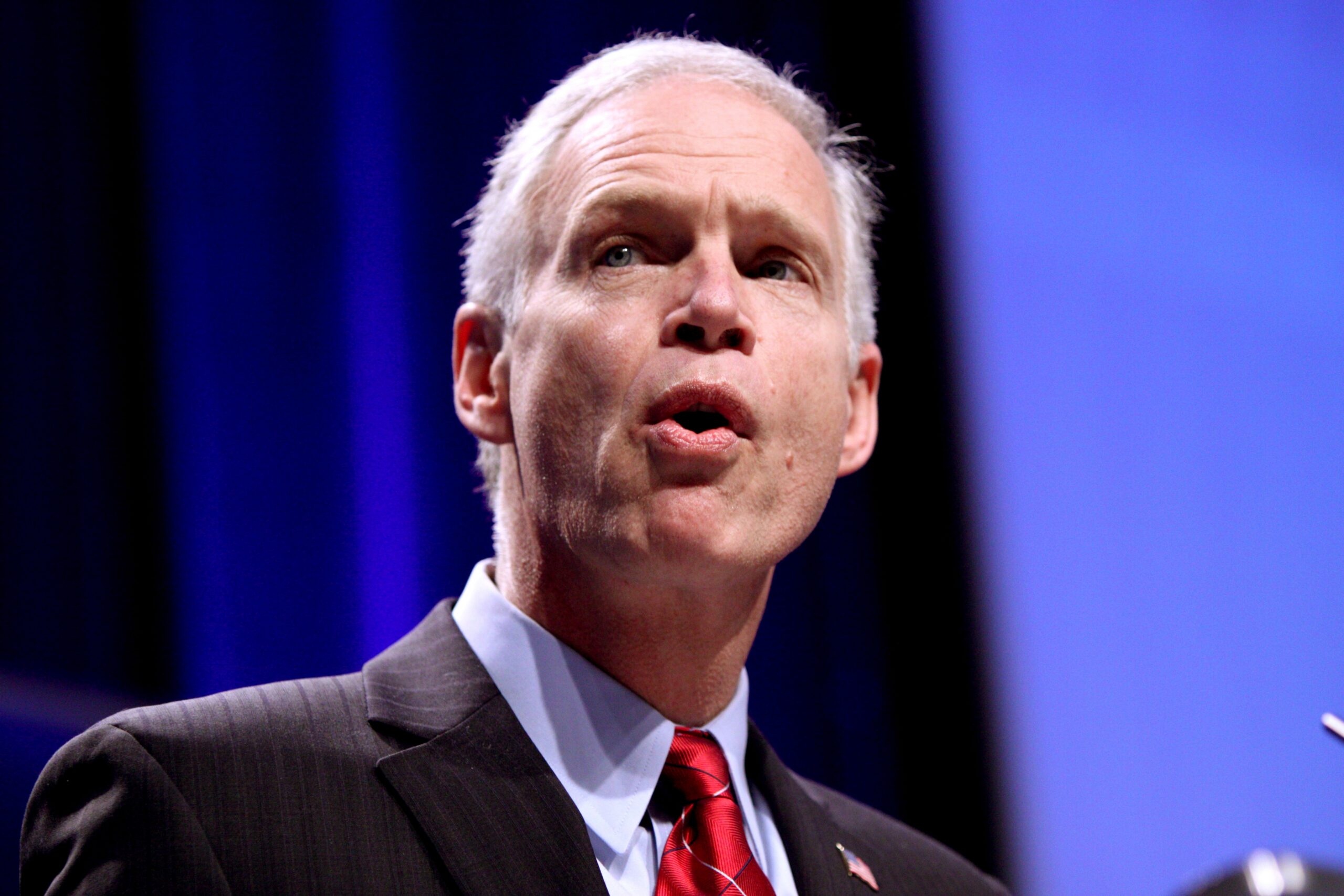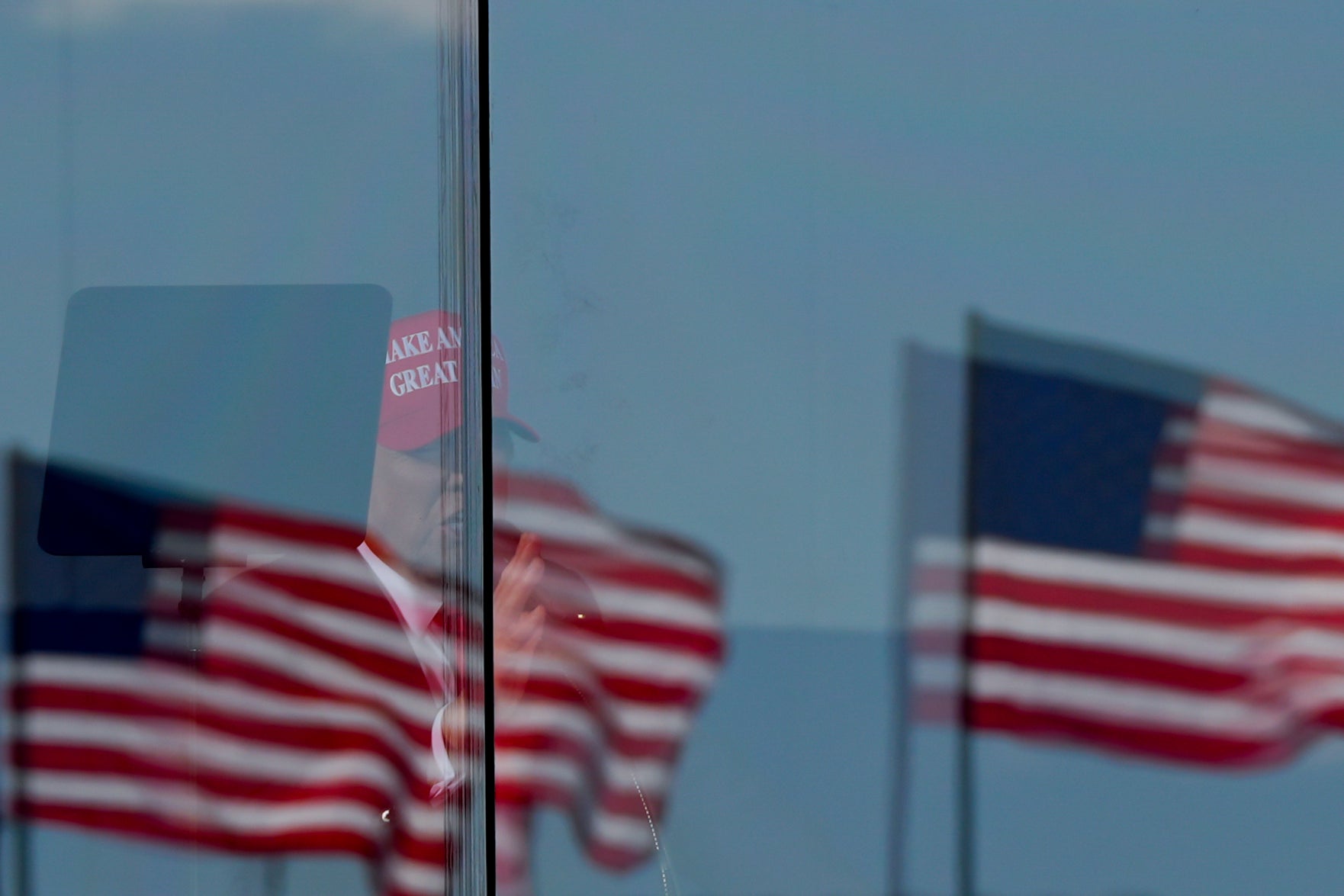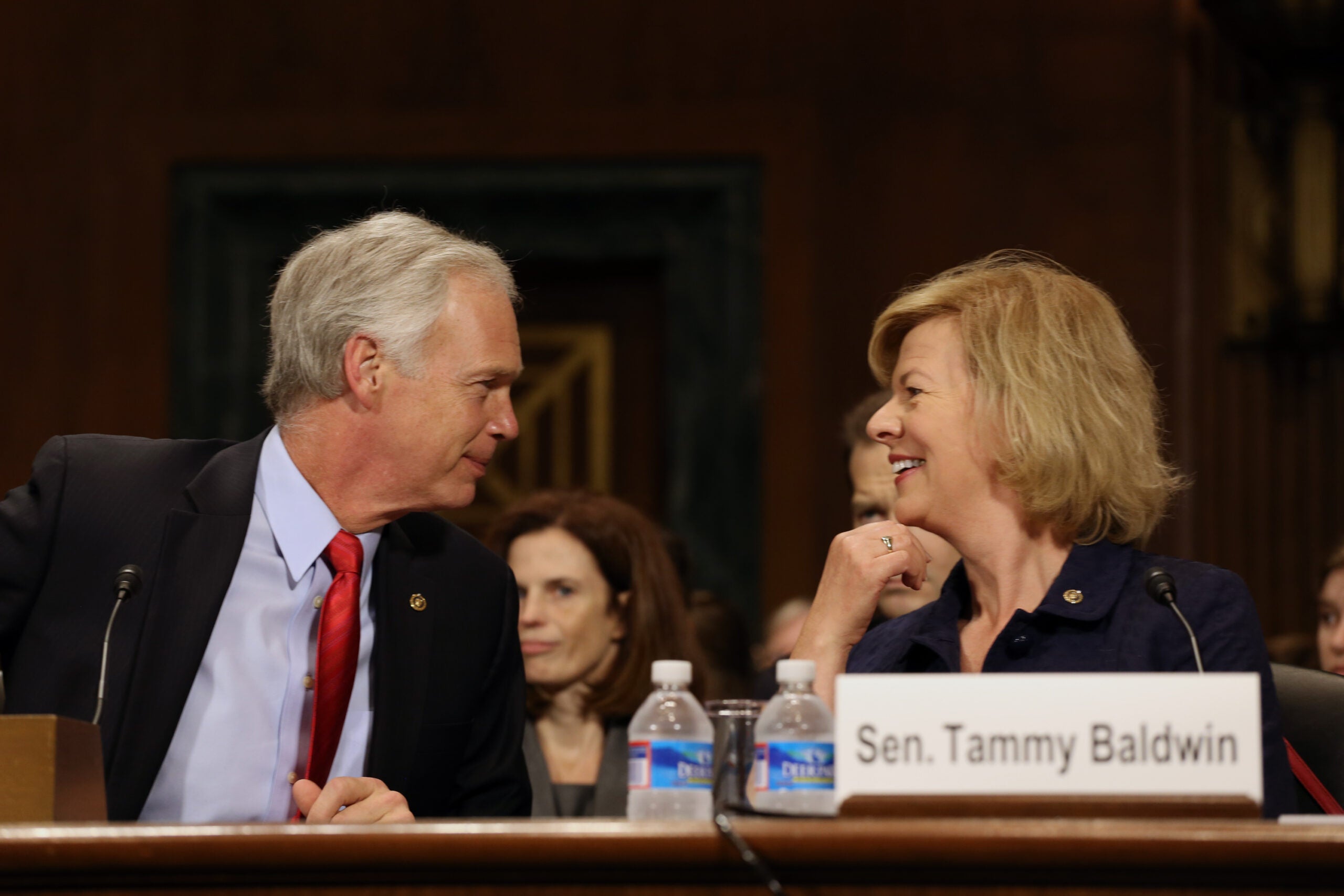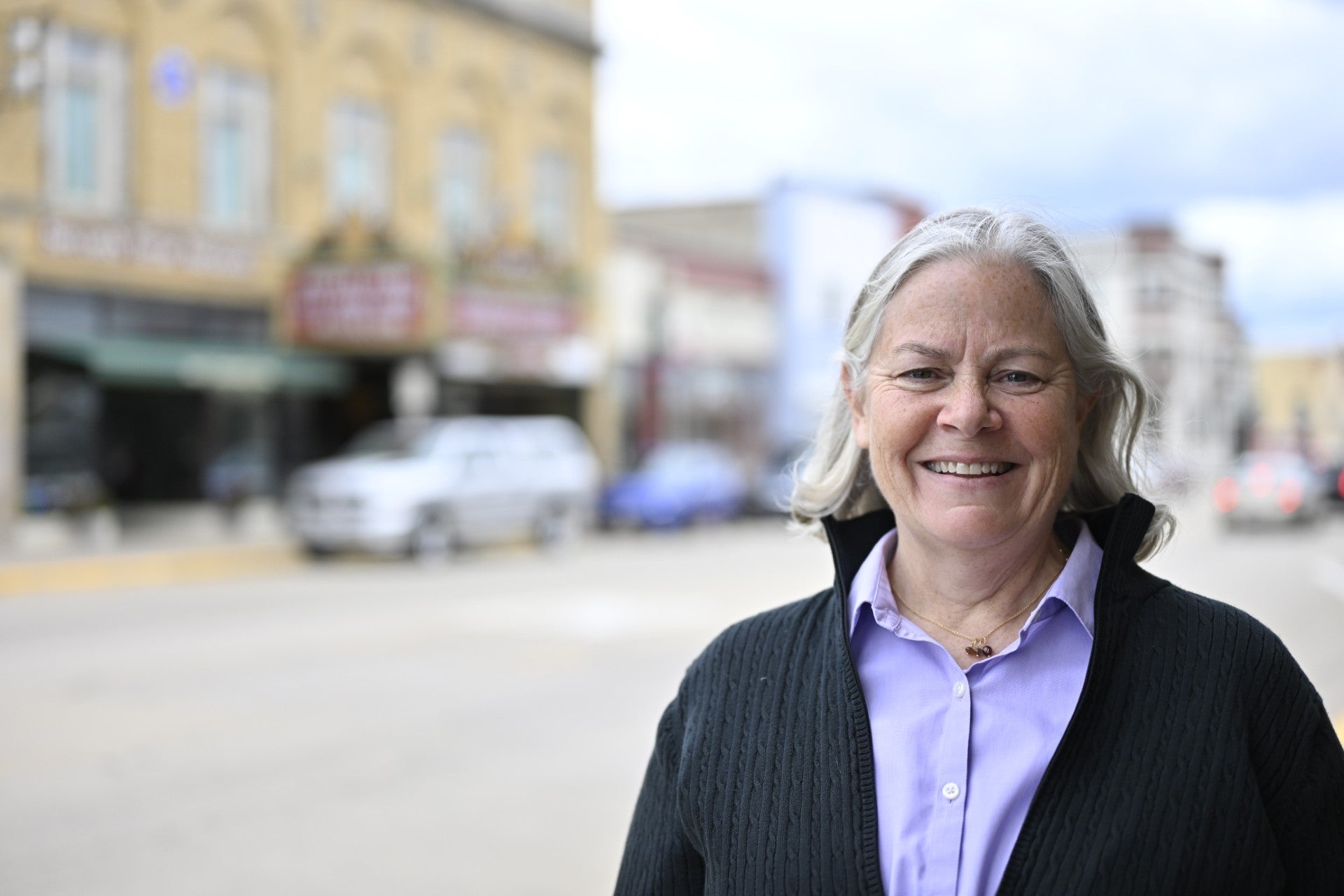U.S. Sen. Ron Johnson would oppose spending “even a dime more” to stimulate the economy amid the COVID-19 pandemic until what he says are problems with previous bills are fixed and unspent funds are disbursed, he said Tuesday on WPR’s “The Morning Show.”
The pandemic has caused economic devastation and driven the country into a recession. An emergency measure that boosted federal unemployment payments by $600 per week will expire at the end of the month. Congress is in the midst of a debate about whether those benefits should be extended, and what other economic response is needed as the pandemic worsens in most of the country, including in Wisconsin.
Johnson, who voted in favor of earlier stimulus measures, said the response should have been more targeted.
Stay informed on the latest news
Sign up for WPR’s email newsletter.
“The problem with the shotgun approach we used is we just flooded hundreds of billions of dollars into the economy,” the Oshkosh Republican said. “This is not a classic type of recession. This was something caused by a virus, and we need to be smart in terms of how we’re providing the financial assistance.”
Normally, unemployment benefits do not cover the full amount that workers had received when they were employed. But because the conditions of the pandemic necessitated keeping people at home, Congress added the $600 bonus to unemployment benefits in order to, on average, bring the total up to 100 percent of workers’ former earnings. The idea was that, since having millions of laid-off workers seeking new employment would worsen the pandemic, ensuring that unemployment didn’t mean a pay cut would help more people stay home and lessen the spread of the virus.
According to researchers at Columbia University, the measures passed by Congress kept millions out of poverty. They calculated that the nation’s poverty rate, which rose from 12.5 percent to 12.7 percent this year, would have reached 16.3 percent without the federal response.
For many low-wage workers, the $600 bonus actually meant an increase in their take-home pay, even as they were no longer working.
Johnson called that a “perverse disincentive to return to the workplace, which is what we need people to do, as much as possible, as safely as possible.”
Johnson said he believes unemployment insurance should cover no more than two-thirds of people’s average weekly earnings.
Johnson said the emergency measures passed by Congress in the early weeks of the crisis totaled $2.9 trillion, of which about $1.2 trillion hasn’t yet been spent. He said he’ll oppose any new measures “until we actually fix some of the problems with the $2.9 trillion, and redirect the $1.2 trillion to $1.3 trillion that hasn’t been spent.”
Until that happens, he said, “I would not be in favor of authorizing even a dime more.”
Johnson said he takes the threat of COVID-19 seriously, but restated his view that economic shutdowns in the early weeks of the crisis were too broad, and opposed broad shutdowns going forward. He’s taken the position that it would be “crazy” not to reopen schools in the fall and said the nation “overreacted” to the virus. He’s also said it’s important for Americans to wear masks to protect against spreading the disease, and has said Wisconsin should consider new restrictions on bars.
“I was roundly criticized early on when I made the analogy, which I still think is quite good, that even though we tragically lose 36,000 people a year on the highways, we don’t shut our highway system down,” Johnson said. “We’re going to have to learn to live with COVID-19. There’s no guarantee that we’re going to have a vaccine. We have to recognize the human toll of the economic devastation as well. We have to put these things in perspective.”
Wisconsin Public Radio, © Copyright 2025, Board of Regents of the University of Wisconsin System and Wisconsin Educational Communications Board.





